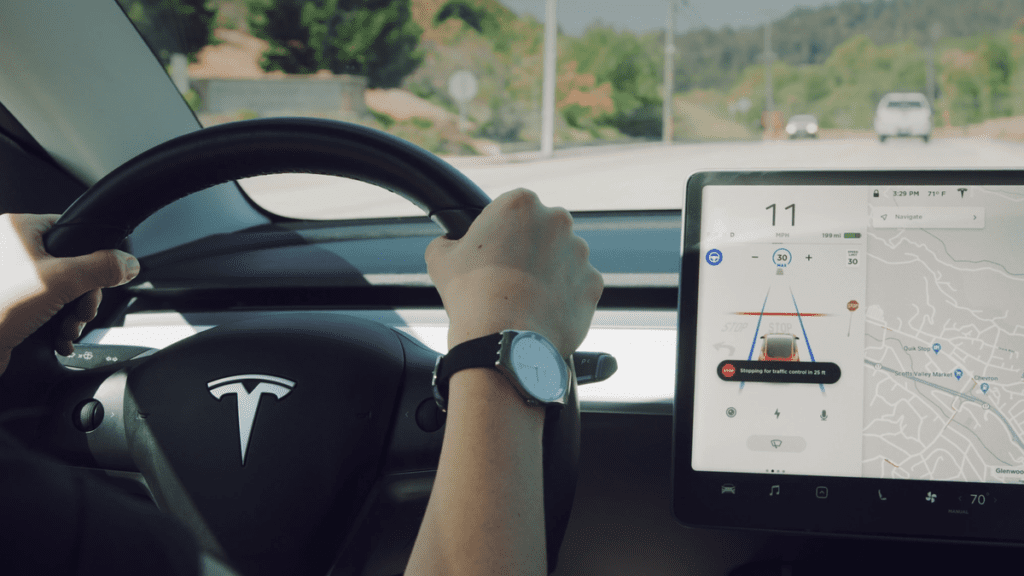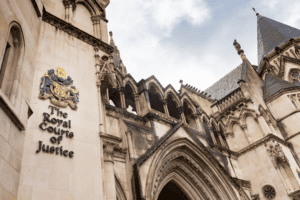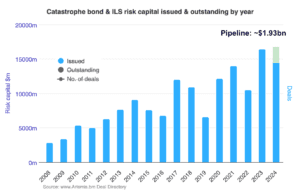Both Owners And Regulators Hate Tesla's Autopilot Update

Since it was introduced to the market in 2015, Tesla’s so-called Autopilot system has been quite easy to misuse or abuse. The world has seen hundreds of instances of Tesla drivers using this system as a way to allow the car to dangerously “drive itself,” which Tesla has actively encouraged. With the feds in the middle of an investigation of “Autopilot” crashes, Tesla issued a recall of over 2 million cars to add alerts and controls to encourage drivers to be more attentive while using the advanced driver assistance tech. Since this fix was implemented in mid-December, it’s been causing a stir among owners and regulators alike.
Tesla’s Cybertruck Has Finally Arrived
Why Don’t Drivers Like It?
Tesla’s driver assist software, which it branded Autopilot, does not rise to the level of making the company’s cars autonomous. It is designed to help the driver be safer by keeping the car between the painted road lines and maintain a safe cruising distance behind other vehicles on the roadways. Without many safeguards in place, some Tesla drivers were abusing the system, using the car’s inadequate capabilities to use their drivetime as an opportunity to catch up on e-mails, read a book, or crawl into the back seat and take a nap.
The recall will act differently depending on the hardware present in each individual Tesla. In some vehicles, the visual alerts to maintain presence at the wheel have been made more prominent. In models equipped with an internal camera, the car will determine your attentiveness levels by tracking your eye movement and giving a warning for looking away from the road too long.
Some owners, like the one Wall Street Journal interviewed, take umbrage with the digital fix to their cars. “The changes have turned Autopilot into a constant nag,” reports WSJ. “He said he gets dinged by an alert to pay attention if he averts his eyes to look briefly at the side-view mirror or change the radio station.”
Some Tesla owners have found that the over-the-air update has completely disabled their Autopilot systems, or bricked the car altogether.
Why Don’t Regulators Like It?
All of this mess stems from Tesla’s inconsistent messaging about its “Autopilot” and “Full-Self Driving” systems. In official documentation, Tesla recommends that drivers pay attention to the road and keep their hands on the wheel. The company’s public messaging, particularly from CEO Elon Musk, has often been inconsistent with that message. Even the nomenclature used for these systems gives drivers a false sense of the capabilities of the cars and their software.
Since the update was rolled out on December 13, safety regulators have received unprecedented complaints about the new warnings becoming excessive and triggered by commonplace in-car activities (like checking the side mirrors). While they could frequently take their eyes off the road before to check a text message or whatever, they’re now required to pay attention to the road. Many Tesla owners are blaming U.S. safety rules for making their driving experience more annoying.
“Ultimately, I think it makes the Autopilot feature useless,” one person complained to the NHTSA.
Furthermore, Consumer Reports has found that in preliminary testing of the update, owners can still find a safety workaround. Those internal cameras used to check eye movements can be covered up with a piece of tape, for instance.
Following the May 2016 Autopilot-related fatality of Joshua Brown, NHTSA launched a probe into the system’s safety requirements. The agency cited many instances of Tesla vehicles plowing headlong into stopped emergency response vehicles, elevating the probe in 2022, and ultimately requiring a recall in late 2023. The agency has said it does not endorse Tesla’s “fix” and will keep the investigation open and continue to monitor the situation.




